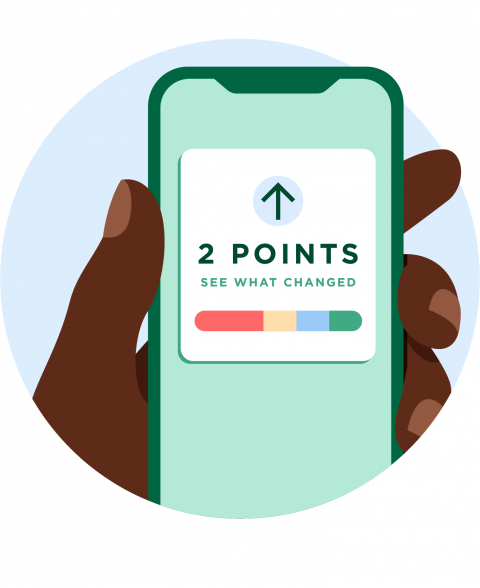How Often Should You Check Your Credit Reports?

Many or all of the products featured here are from our partners who compensate us. This influences which products we write about and where and how the product appears on a page. However, this does not influence our evaluations. Our opinions are our own. Here is a list of our partners and here's how we make money.
In a world where personal data is routinely breached, it makes sense to regularly check your credit information to make sure it’s accurate — and that it's not being used without your knowledge. If you have a credit freeze in place, NerdWallet recommends checking a credit report from one of the three major credit bureaus once a quarter on a rotating basis. If you don't have a freeze or are planning to apply for new credit, we recommend a monthly check.
You can get your reports for free every week from the three major credit bureaus by using AnnualCreditReport.com.
Note that your credit reports don't include your credit scores. However, you can check a TransUnion credit score and report at NerdWallet. Your information updates weekly and you can check any time you want. Checking your own credit does not affect your scores.

Why check your credit frequently?
Your credit reports update regularly to reflect new data the credit bureaus have received. Seeing incorrect information pop up in your credit file could suggest that it has been mixed in with someone else’s or that you have become a victim of identity theft.
Other errors, like outdated information or a payment wrongly reported late, could hurt your credit scores, which are calculated from information in your credit reports. That could affect the credit products and interest rates you qualify for.
Fixing an error could potentially build your scores.
Other times it's smart to check are before applying for a big loan and when you are looking for a job.

What’s in your credit reports?
Your credit reports contain personally identifying information, including your birthdate, Social Security number, address, previous addresses, phone numbers, credit accounts and payment history. They may also include repossessions, collections, foreclosures and bankruptcy filings.
In addition, they have a record of who has accessed your credit information. You may see the names of your creditors, marketers (for pre-qualification offers), creditors you’ve applied to, and your own credit checks.
You can request your credit report in Spanish directly from each of the three major credit bureaus: · TransUnion: Call 800-916-8800. · Equifax: Visit the link or call 888-378-4329. · Experian: Click on the link or call 888-397-3742.
🤓 Consejo Nerdy Usted puede solicitar una copia de su informe crediticio (gratis y en español) de cada una de las tres principales agencias de crédito: · TransUnion: Llame al 800-916-8800. · Equifax: Visite el enlace o llame al 888-378-4329. · Experian: Haga clic en el enlace o llame al 888-397-3742.
Other reports you’re entitled to see
Your credit reports are not the only collections of personal data that businesses look at when deciding whether to accept you as a customer and at what rate. Insurers, employers, banks, landlords, utilities and subprime lenders may check specialty reports.
You have a right to a free copy of those reports, as well. The Consumer Financial Protection Bureau keeps a list of available reports and recommends checking them as needed.


